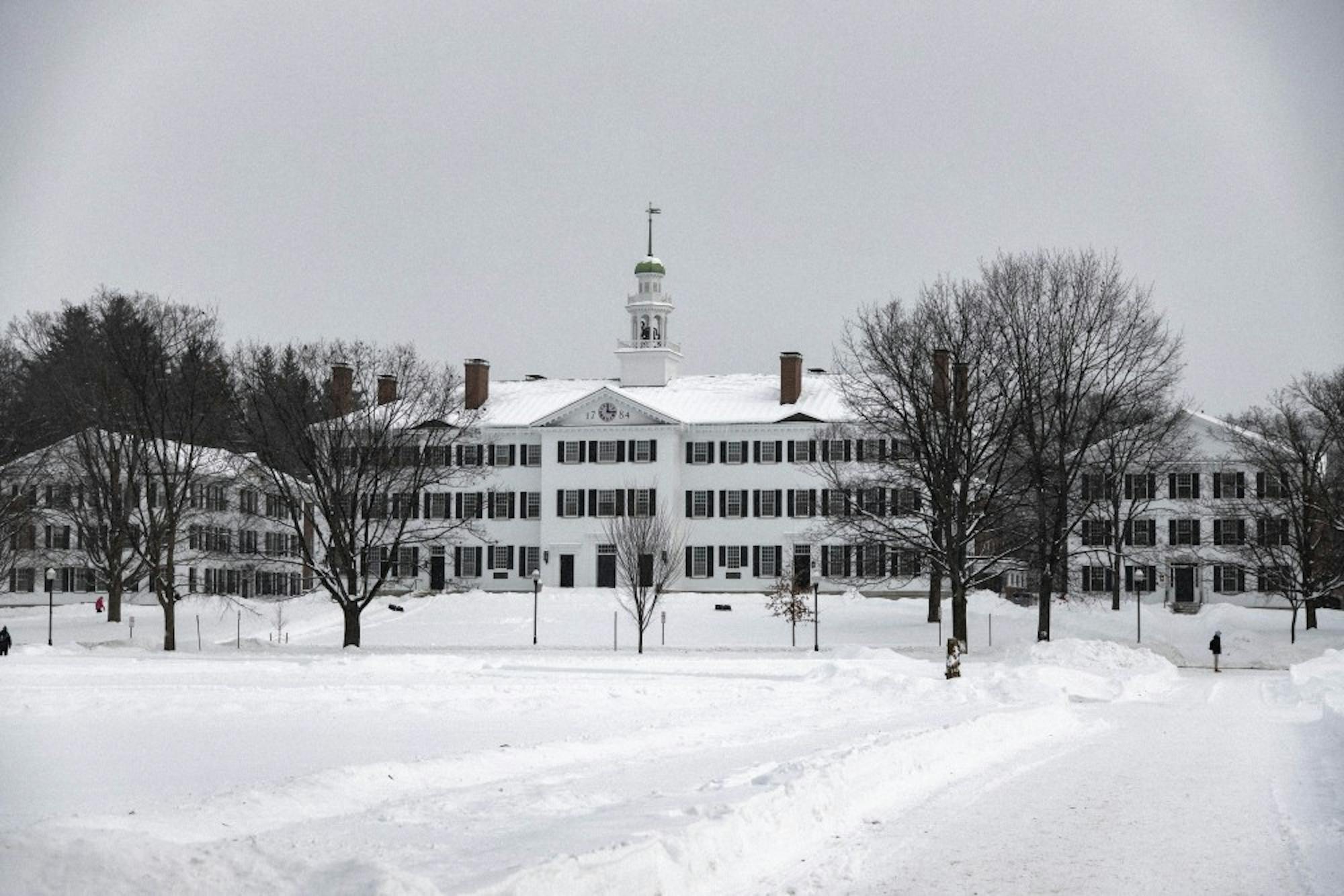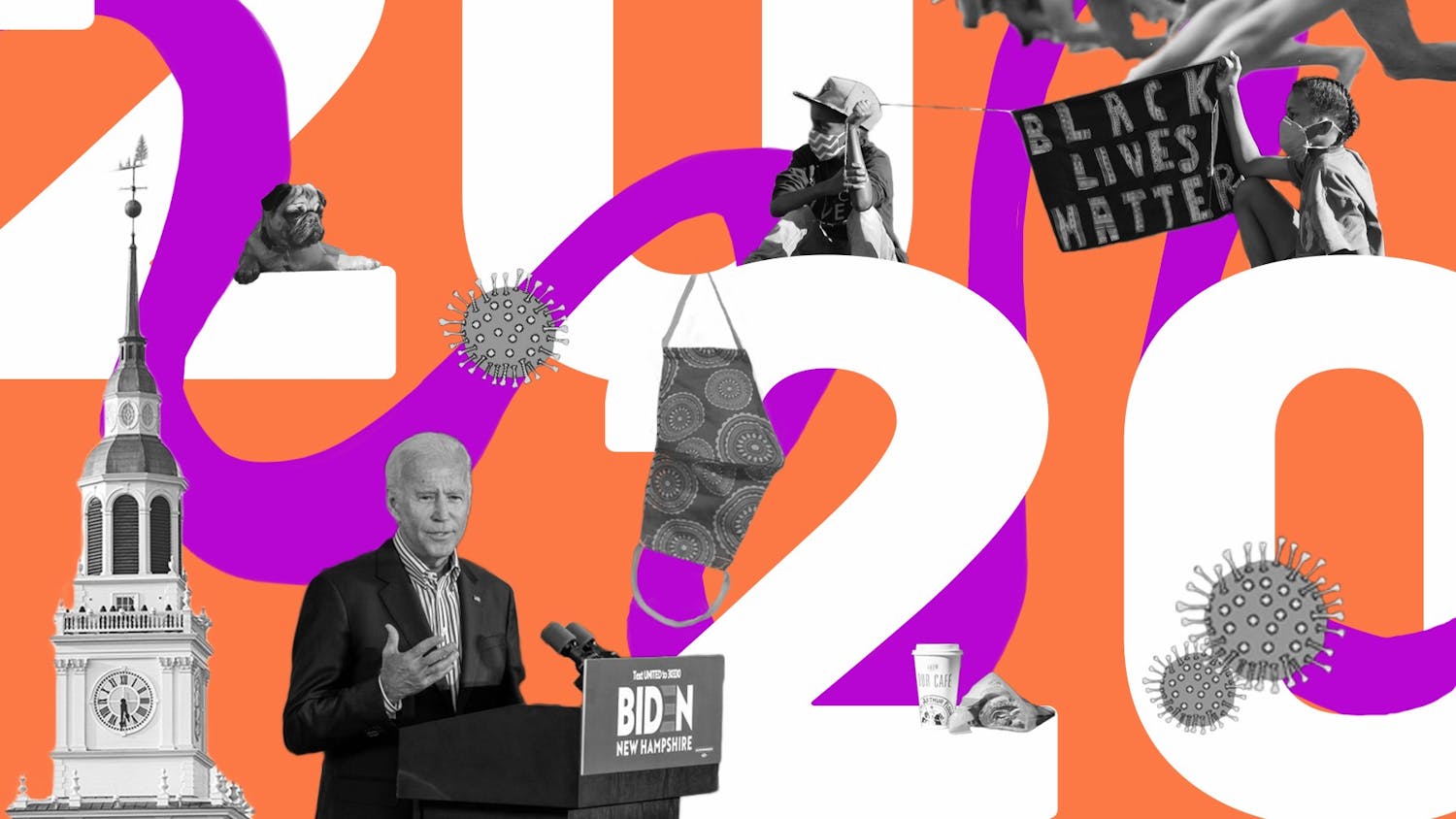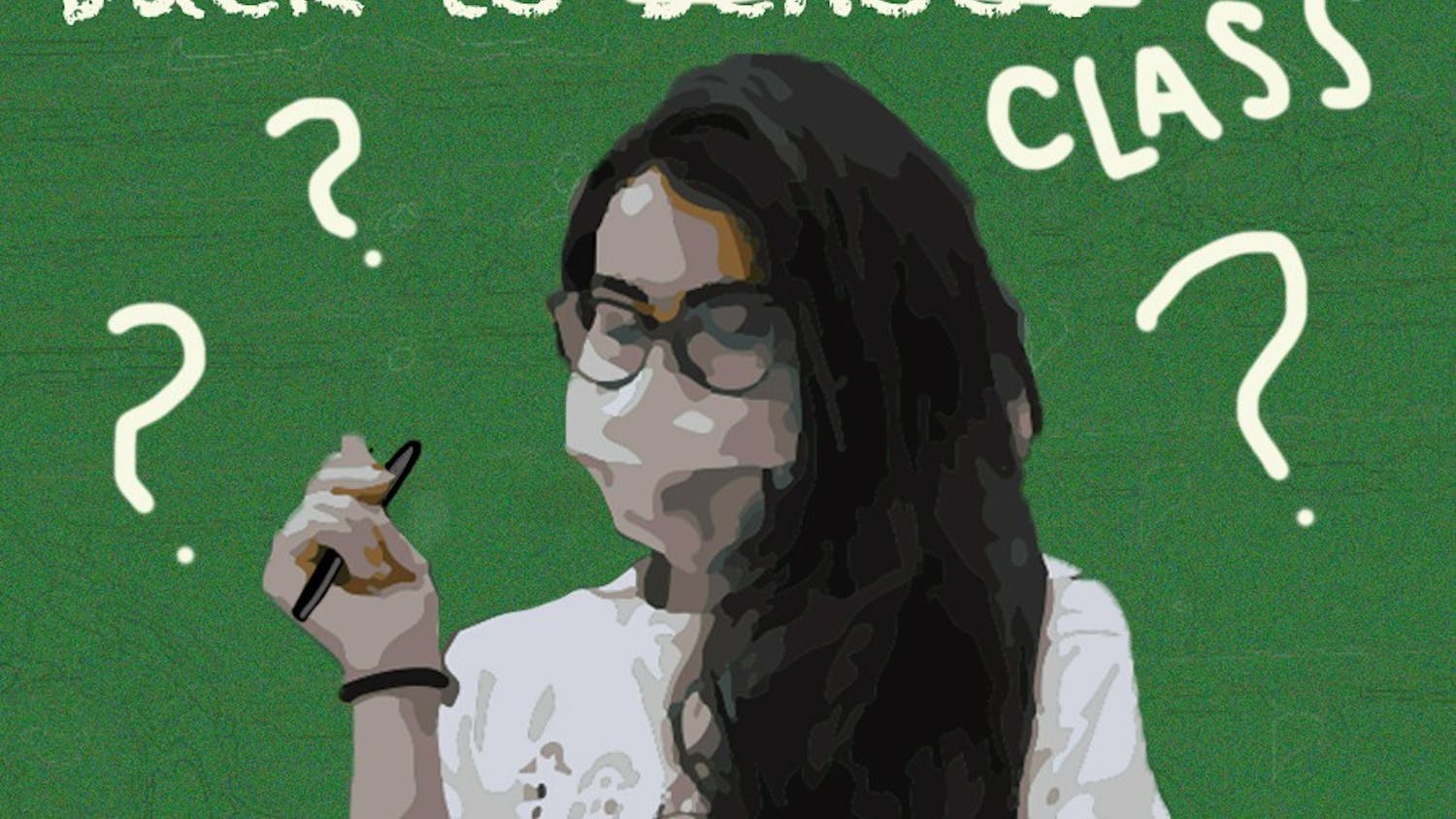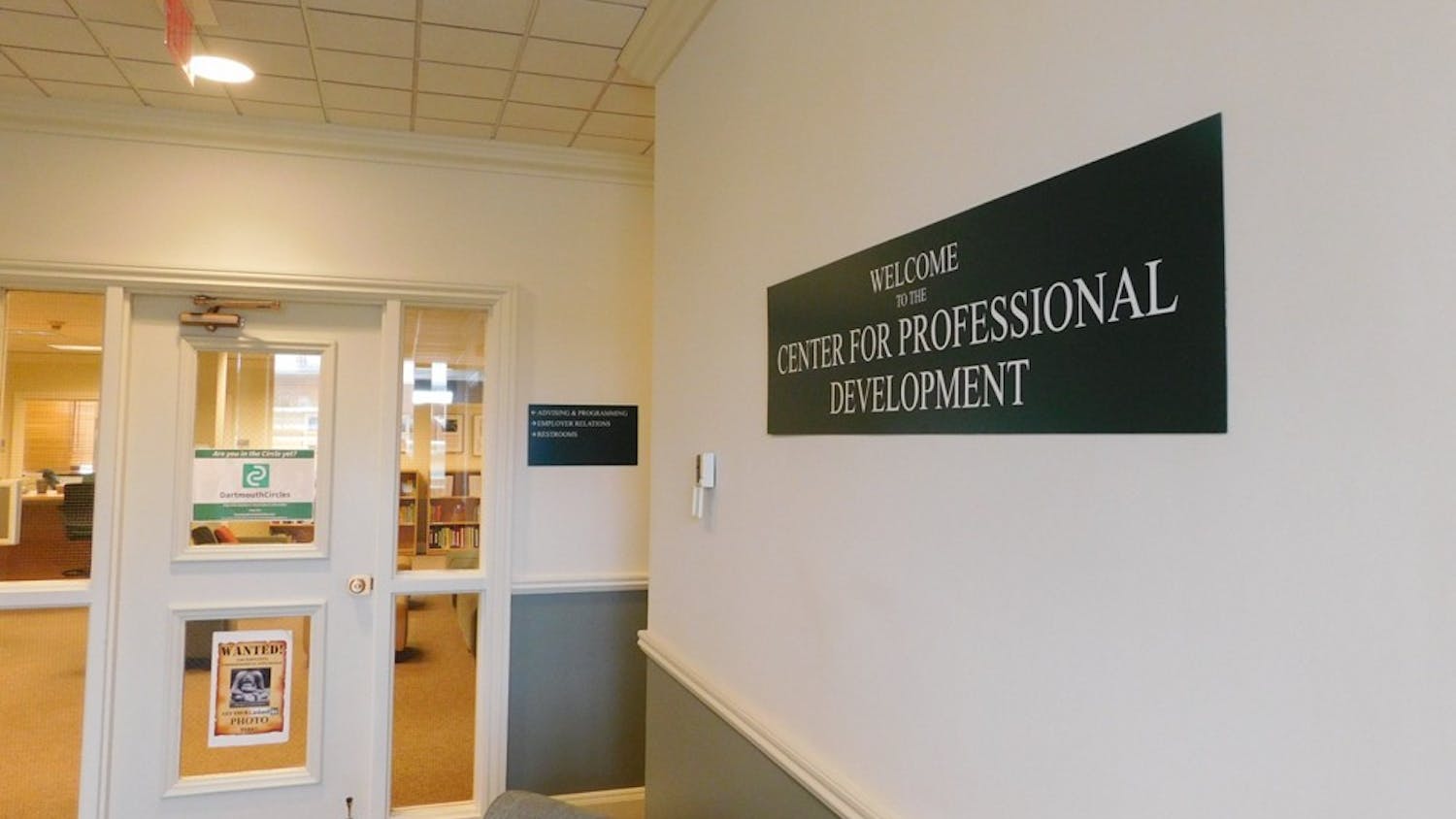All College-run off-campus programs scheduled for this summer will be held remotely or have been canceled, Provost Joseph Helble announced in his “Community Conversations” broadcast last week. Helble explained that in light of current trends in COVID-19 transmission, the College will be unable to relax its current travel restrictions for the summer term.
The announcement affects study abroad trips, as well as fellowships and internships sponsored by campus organizations. Though Dartmouth Center for Social Impact internships and the Rockefeller Center for Public Policy’s First-Year Fellows program will continue remotely, the Guarini Institute for International Education has announced that it will not offer any programs this summer.
“[The announcement] was very anticipated,” said government professor Joseph Bafumi, who would have run the combined government department, Russian department and Irving Institute for Energy and Society foreign study program to Russia this summer.
According to Bafumi, program coordinators decided in early November that the trip was unlikely to run and planned to hold a replacement program in the spring of 2022 before returning to a summer-only schedule. He said both the U.S. and Russia are facing vaccine distribution challenges, and he felt students would get the most out of the program — which includes a long trip on the Trans-Siberian Railway — once enough people were vaccinated that the trip could “run fully.”
Bafumi said that while it is unfortunate that current upperclassmen will likely be unable to participate in the program, the program was “lucky” in that many of the students who had intended to participate last summer were underclassmen who may be able to participate in the program in a future term.
“I do regret that there are students, very talented students, who really wanted to do this and probably won't be able to,” he said. “But because so many [program participants] were freshmen, or at least sophomores, they'll have future opportunities.”
Freshmen in PBPL 5, “Introduction to Public Policy” — a prerequisite class for the First-Year Fellows program — were notified by program coordinators that the fellowship had officially moved to a remote format on Tuesday. Like in the in-person program, according to program officer Hannah Andritsakis, this year’s fellows will complete civic skills training, which will consist of four 90-minute sessions throughout the spring term and five days of remote work in June before their internships begin. Students will then complete their eight-week internships remotely.
Andritsakis said that while she is “disappointed” the internships will not be in person, she noted that the remote internships worked well last year, and students reported enjoying the experience. Due to last year’s remote setting, some students were able to extend their internships past the eight-week program timeline, which Andritsakis said was “definitely one of the highlights of being remote.”
According to DCSI assistant director for social sector leadership Leah Torrey, the DCSI’s “cohort internships” with nonprofits across the country will also continue in a remote format.
Torrey said that she usually begins reaching out to organization representatives about hosting Dartmouth interns in December, but this year she waited until January due to uncertainty over the possibility of in-person internships.
Although nonprofit work is often closely tied to the place it impacts — Torrey said that “social impact is done best when it is really tailored to communities” — many social impact organizations have shifted their models due to “a desire to do really innovative work” in the face of the pandemic.
“Students will really get to be on the cutting edge of social impact work,” Torrey said. “They are really developing a whole new set of best practices … so students will get to be on the front lines of creating really new impacts this summer.”
Both Andritsakis and Torrey said that their programs collected feedback from last year’s participants, which they will use to improve this year’s remote programming. Andritsakis said that most of the feedback she received last year was on the structure of the program’s training sessions, which were held in five-hour blocks over Zoom.
“We will definitely take that into account this year because Zoom fatigue has set in,” she said. “But we also got a couple of cute messages from mentors that were like, ‘If you could just replicate this participant, we’d love to have that.’ So I think that’s a good indication that the work that students were doing was indicative of what we’ve seen in years prior.”

Lauren ('23) is news executive editor for The Dartmouth. She is from Bethesda, Maryland, and plans to major in government and minor in public policy.




